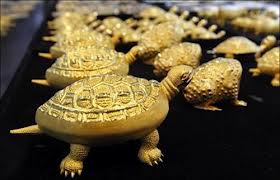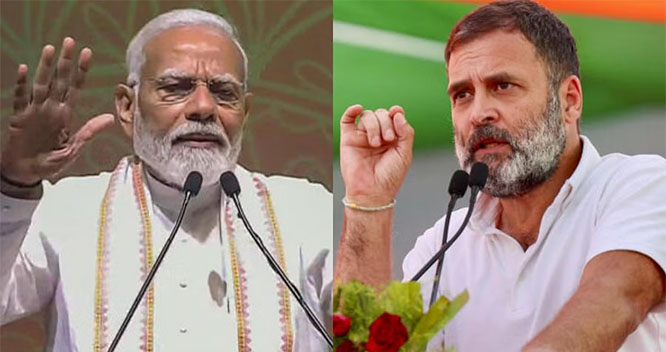
The government also proposed to make changes in the gold deposit schemes and make it more attractive for people to deposit their gold with banks.
Shortly after news of the duty hike, gold prices shot up by Rs 315 to Rs 31,250 per 10 grams and markets sources say it may go up to Rs 700 per 10 grams in the short term.
An estimated 20,000 tonnes of gold is lying idle with Indian households. “The government will link Gold Exchange Traded Fund (ETF) with gold deposit scheme, which will enable mutual funds to unlock their physical gold and invest in gold-linked schemes offered by banks.
The proposed changes will help moderate import of gold and help bridge the current account deficit,” Department of Economic Affairs Secretary Arvind Mayaram said here. He, however, added that the duties will be reviewed if there is moderation in the quantity of gold imported into the country.
India’s gold import is estimated at $38 billion in 10 months up to December 2012 from $56.5 billion in fiscal 2011-12. A 50 per cent rise in import duty is seen important to curb the current account deficit, which has widened to $38.7 billion or 4.6 per cent of the GDP in the first half of the current financial year.
The move to link Gold ETF with deposit schemes will help increase physical availability of gold in the market, as a part of the gold lying in stock will be brought into circulation to meet the demand of gems and jewellery trade, the secretary said.
Gold futures traded 1 per cent higher immediately after the announcement.The government also made some changes in the quantity and tenure for the gold deposit scheme in order to make it attractive to individuals.
The minimum quantity of gold to be deposited into gold deposit schemes will now be reduced and the minimum tenure would be brought down to six months from the present three years.
Market regulator Sebi and the Reserve Bank are expected to come out with notifications on gold ETF and gold deposit schemes in two to three weeks.
Gold ETF is provided by mutual funds, in which the units are backed by physical gold held by the MFs. Gold deposit schemes are offered by banks, in which gold deposited by client is lent by the banks to the gems and jewellery trade.
Finance Minister P Chidambaram had recently expressed concern over rising gold imports and the consequent overflow of foreign exchange which was putting pressure on the current account deficit which widened 5.4 per cent in the second quarter of current fiscal ending September 2012.
But, analysts said gold still looked more attractive to Indian consumers with nearly 13 per cent rise in domestic prices, while the interest rates offered by the bank were around 9 per cent and inflation hovered above 7 per cent.








Comments
Add new comment